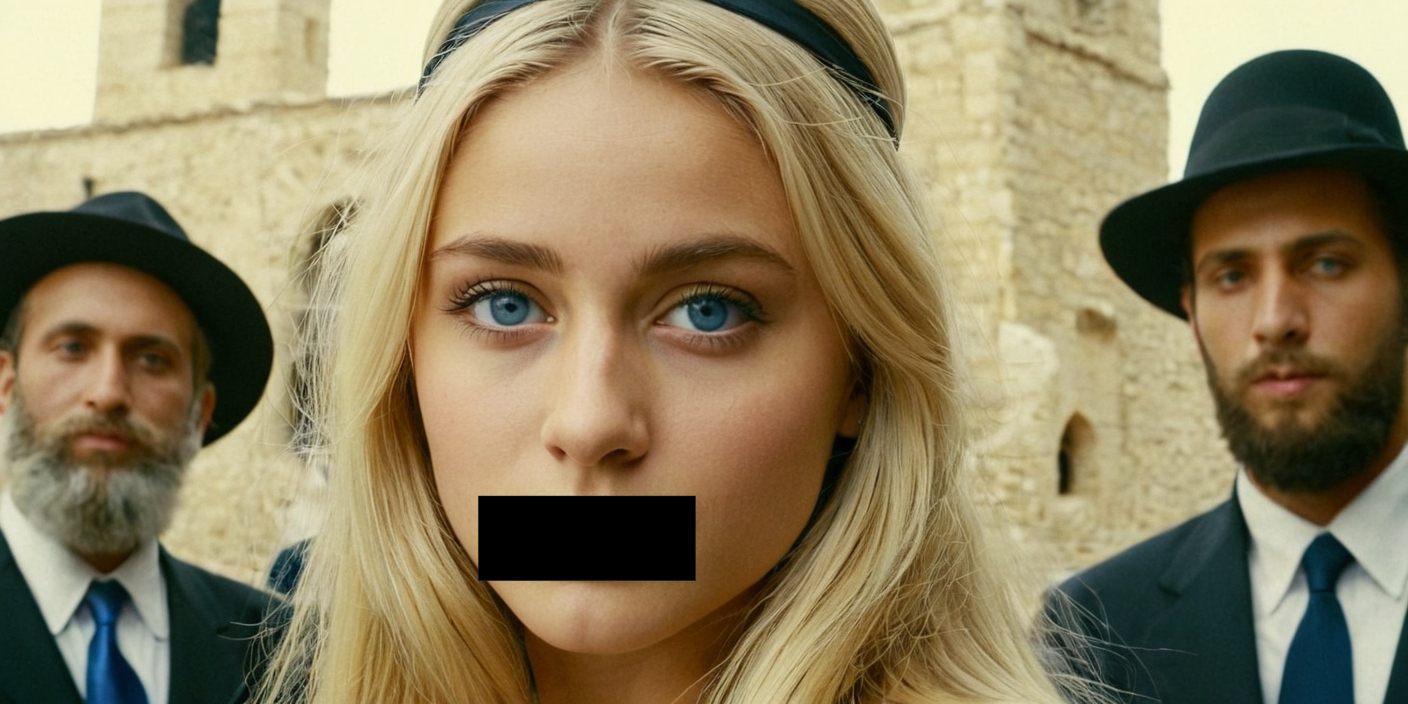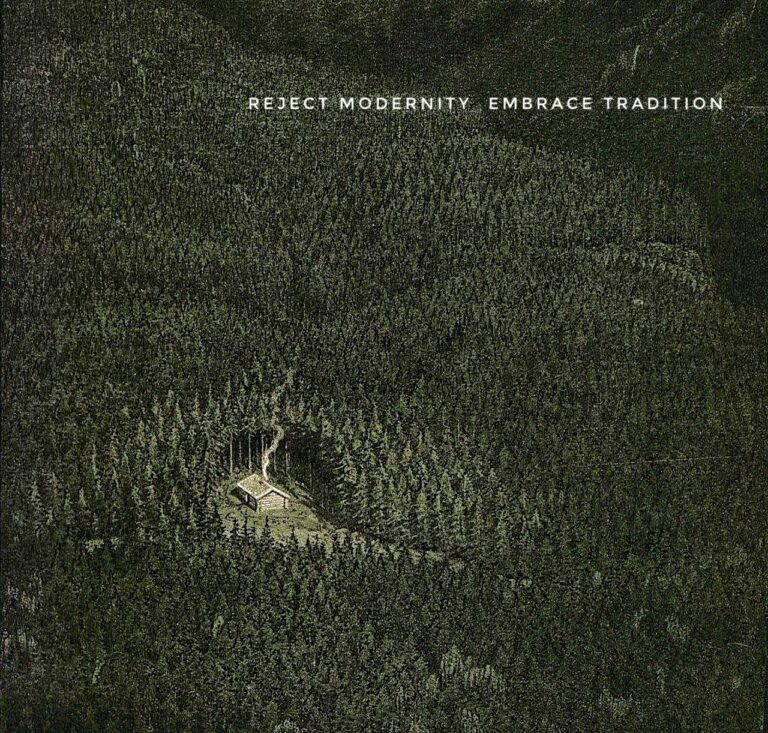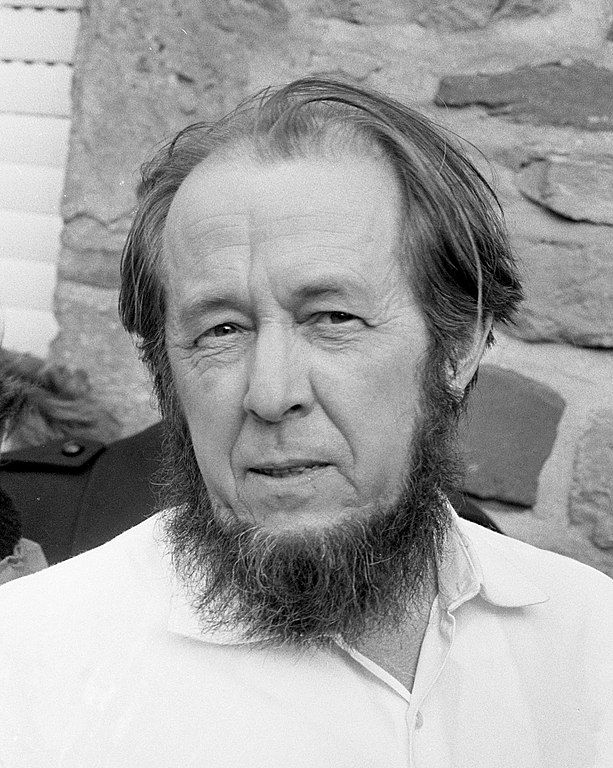Free speech isn’t always polite.
The debate over “hate speech” often presents a false binary: protect free expression or prevent harm. But what if the act of policing speech creates more harm than it solves? While no one denies the existence of hateful speech, the idea of criminalizing or censoring it is a flawed solution, one that undermines the very principles it claims to defend.
1. The subjectivity of harm
Speech is inherently interpretive. A word that wounds one person might be reclaimed as a badge of pride by another. Take the term “Yankee”, to some it’s a slur, to others it’s a term of endearment. Even well intentioned attempts to define hate speech stumble into cultural and contextual quicksand.
Consider blasphemy laws. In some countries, criticizing religion is labeled hate speech. In others, religious satire is protected as free expression. Who gets to decide which perspective is “correct”? Legislating language based on subjective offense risks entrenching majority biases or empowering authorities to silence dissent under the guise of protection.
2. The hypocrisy of selective enforcement
Power, not principle, often dictates what counts as hate speech. Politicians and celebrities routinely deploy inflammatory language with impunity while ordinary citizens face consequences for lesser offenses. This double standard erodes public trust.
Social media platforms exacerbate the problem. Algorithms flag innocuous posts (like quoting historical texts) while ignoring genuine threats from high profile accounts. When enforcement is inconsistent it’s not justice, it’s performative arbitrariness. Worse it creates a chilling effect where people self censor to avoid becoming collateral damage in a poorly played game of moral Whack-a-Mole.
3. The slippery slope of letting others define “acceptable” speech
Once society accepts that certain ideas are too dangerous to utter it hands a blank check to those in power. Consider the case of Ursula Haverbeck a German Holocaust denier repeatedly convicted under Germany’s strict laws against “Volksverhetzung” (incitement to hatred). Haverbeck, then in her 90s was fined and imprisoned for claiming the Holocaust was a myth, a personal belief rooted in her experiences as a young girl in Nazi Germany. While Holocaust denial may be offensive to some, criminalizing it blurs the line between combating historical lies and policing personal beliefs.
Critics argue such laws protect victims and preserve truth. Yet Haverbeck’s prosecutions also highlight the risks of state-defined historical orthodoxy. If governments can jail citizens for denying historical events, what stops them from silencing debate about contemporary ones? The line between “hate speech” and legitimate dissent or even academic inquiry is perilously thin.
4. The case for free speech even when it hurts
Critics claim that tolerating hate speech normalizes bigotry. But history shows that free societies thrive not by silencing bad ideas, but by exposing them. The Enlightenment era for instance saw thinkers champion free expression as the antidote to tyranny. The famous quip, “I disapprove of what you say, but I will defend to the death your right to say it,” wasn’t about protecting polite discourse it was about ensuring no authority could monopolize truth.
Take the 2015 Charlie Hebdo attacks in France. After the satirical magazine published cartoons lampooning religious figures, extremists murdered 12 staff members in retaliation. In the wake of the tragedy media outlets worldwide faced a dilemma: republish the cartoons to affirm free speech or avoid them to prevent further offense. Many chose to republish, not to endorse the content but to defend the principle that violence cannot dictate what society is allowed to say. The message was clear: free expression must withstand even the darkest threats, or it ceases to exist.
Tolerance for offensive speech isn’t endorsement it’s humility. It acknowledges that no individual, government, or algorithm has the moral infallibility to decide which ideas are “too dangerous” to exist.
Conclusion: Freedom is messy and that’s the point
A society that polices speech in the name of safety will eventually sacrifice both. The alternative is messy, uncomfortable and occasionally painful. But it’s also the only system that allows marginalized voices to challenge power, artists to provoke thought, and ordinary people to question the status quo.
Free speech isn’t a guarantee against hate. It’s a tool to combat it. When we trust people to confront bad ideas openly, rather than force them into the shadows we foster resilience, critical thinking and ultimately progress toward truth.
And if that fails? Well, as the saying goes: “Sunlight is the best disinfectant.” Either way, it beats handing the disinfectant to bureaucrats, corporations or special interest groups.



